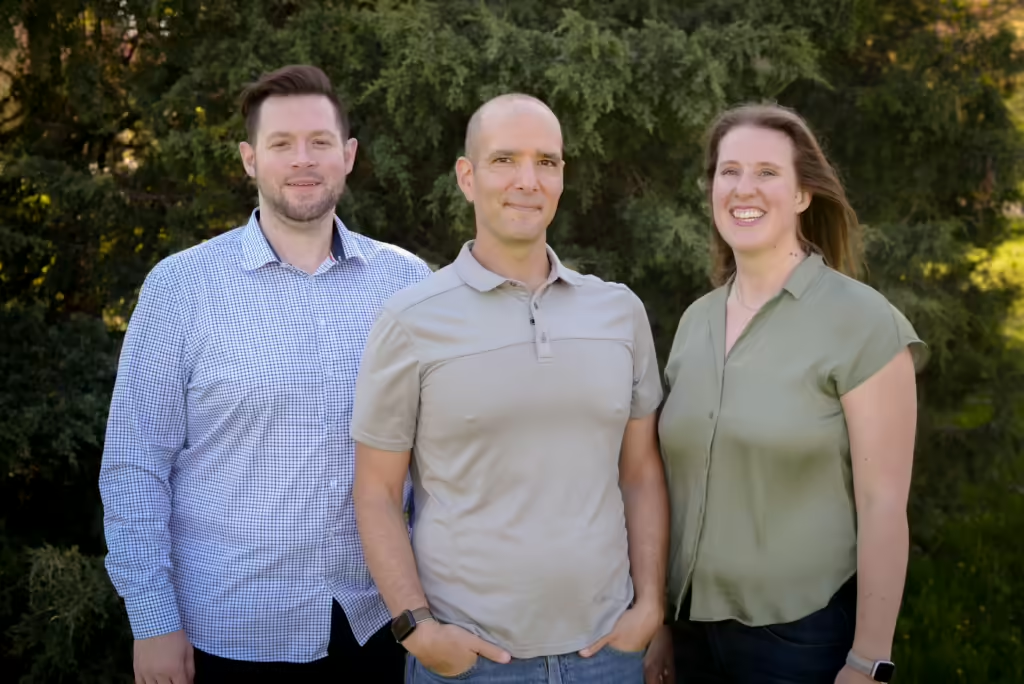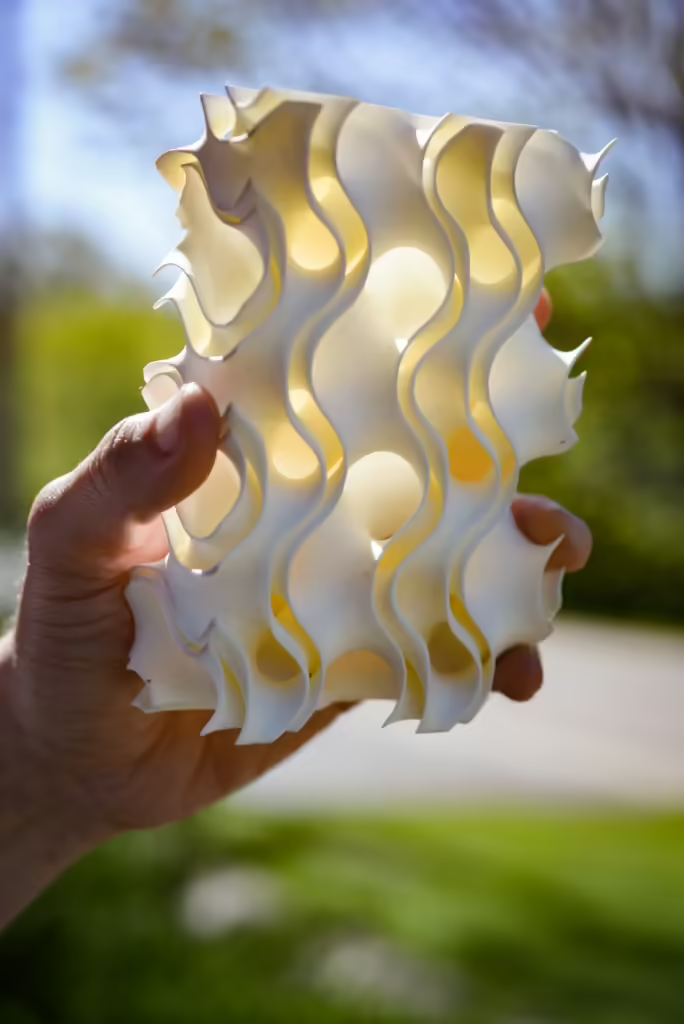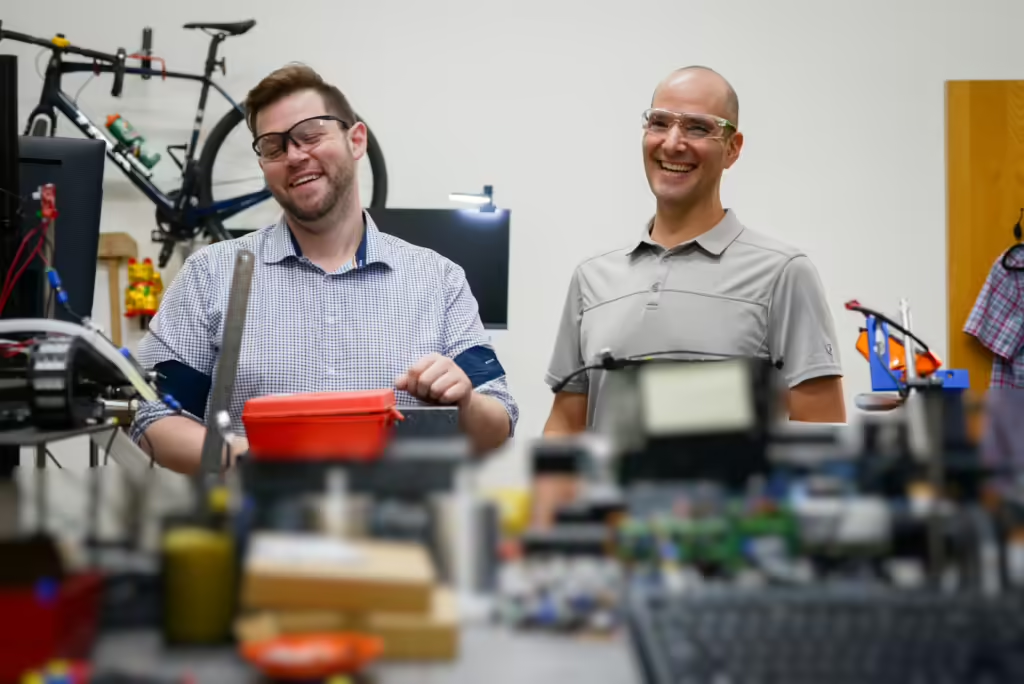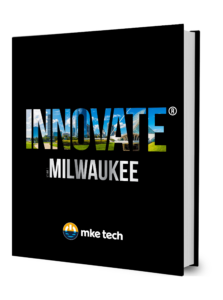Intrnls is at the forefront of revolutionizing the carbon capture industry. With a clear focus on producing the world’s most efficient carbon capture filters, Intrnls is not just a company; it’s a transformative force dedicated to addressing one of the world’s most pressing environmental issues – reducing atmospheric carbon dioxide.

“We’re going to revolutionize and disrupt the way chemical engineers do industrial processing,” asserts co-founder and CTO Dr. David Walker. “Imagine a world of plastic made from plants that can filter CO2 like a leaf and, at the end of its working life, be biodegradable and returned to the ground where it came from. It’s the complete CO2 solution. Our team of experts has decades of experience developing novel, cutting-edge nanotechnologies and nanomaterials – and commercializing those research inventions for real-world innovations.”
The Vision
Even as global energy diversifies, fossil fuels will still dominate for decades. Rapidly advancing carbon capture technology is crucial to mitigate their persistent emissions and combat climate change. Intrnls is at the forefront, enhancing carbon capture with technologies that increase efficiency tenfold. Their innovations lead to quicker, more effective filters that are also more cost-efficient.
Intrnls harnesses 3D printing to revolutionize carbon capture, focusing on high surface area components essential for filtering CO2 in industrial settings like refineries and power plants. This approach facilitates direct capture at emission points in industries traditionally challenging to decarbonize.
Foam stands out in 3D-printed carbon capture applications due to its quick filtering capabilities and extensive surface area, significantly boosting carbon absorption. The unique properties of 3D-printed foam – high surface area-to-volume and excellent strength-to-weight ratios – unlock new potentials for efficient carbon capture.
“At Intrnls, we make the world’s most efficient carbon capture filters, right here in Southeast Wisconsin,” enthuses co-founder and Chief Executive Officer Matthew Pearlson. “We’re pioneering the core technologies that power carbon capture systems, specializing in producing reactor internals crucial for various processes. Our company doesn’t develop projects directly; instead, we equip those who do with the world’s most efficient and reliable components. This enables many traditional industrial manufacturers to implement carbon capture solutions at an economically viable price point. Our innovations contribute to global environmental goals from the ground up while allowing large, established industries to achieve their environmental goals.”

A Strategic Evolution
Intrnls, initially founded at MIT, underwent significant transformation after moving to Wisconsin, tapping into the region’s robust industrial and technological ecosystem. The strategic relocation and recruiting of Dr. David Walker as Chief Technology Officer from nearby Chicago in 2022 have been critical in advancing the company’s development of reactor internals for cutting-edge carbon capture technologies.
Setting up their base in the Midwest – a decision that has become a cornerstone of the company’s growth – Matthew and David recognized the region as the perfect environment for a startup. Emphasizing the local support for innovation, Matthew notes, “We successfully and exclusively sourced our funding from within the area.” Despite initial doubts about the potential for raising substantial funds in Milwaukee, Matthew and his team have surpassed expectations. With a forward-looking mindset, he affirms, “We have done what people said we couldn’t do, and we plan to do a lot more.”
Revolutionizing Chemical Engineering
In an industry rooted in tradition and risk avoidance, David highlights the stagnant nature of chemical engineering. He remarks, “Chemical engineering hasn’t evolved in 150 years. The textbooks I studied two decades ago are still in use, unchanged since even my professors’ days.” David attributes this resistance to the high stakes of operational continuity.
Yet, Matthew sees a gleam of innovation potential, especially in carbon capture initiatives. “Big Oil is starting to innovate with carbon capture in their new facilities, thinking bigger about possible improvements,” he observes. Criticizing the use of obsolete technology in new builds, he calls for transformative change: “We should not be constructing 21st-century facilities with 19th-century technology.” This demand for modernization reflects his vision for a more innovative future in the industry.
Intrnls revolutionizes reactor internals, historically unchanged for nearly a century, by designing them specifically for carbon capture. Utilizing advanced materials science and precision engineering, the company significantly enhances the efficiency and effectiveness of these components.
Thank you to MKE Tech for making this book possible, they are the voice and champion of Innovate® Milwaukee that unifies the community!

Traditional reactor internals, like structured fills, were not initially made for carbon capture. Intrnls’ integration of sophisticated materials science and meticulous engineering customizes these internals for better carbon capture performance. David emphasizes, “Our use of advanced manufacturing technologies, combined with a radical redesign of these engineered systems, greatly improves operational efficiency, making carbon capture more accessible to traditional manufacturing industries.”
A Pillar in the Innovation Ecosystem
Intrnls is a key player in enhancing the regional innovation ecosystem, participating in initiatives like the Early Stage Symposium from the Wisconsin Tech Council, and the Milwaukee Venture Mentoring Services program. The company collaborates with local universities and research institutions, fostering technological and economic growth in Southeast Wisconsin.
Matthew notes, “Intrnls plays a pivotal role in fostering the innovation ecosystem within our region by serving as a bridge between cutting-edge research and industrial application. This collaboration accelerates our innovations and contributes to the regional economy by creating high-tech jobs and training opportunities for students and professionals alike.”
Matthew adds, “Coastal startup culture often glamorizes developing the latest apps but tends to overlook fundamental business and physical laws, sometimes even legal regulations.” He sees a distinct advantage in Wisconsin: “Founding innovative companies in the Great Lakes region integrates regional values into our DNA as we grow.” He applauds the local investment community, especially Chris Abele at CSA Partners, Milwaukee Venture Partners, Tundra Angels, NVNG, and BrightStar Wisconsin, for their crucial role in transforming the Midwest from a ‘rust-belt’ image to a vibrant hub for technological innovation and real-world manufacturing.
Intrnls’ relocation to the Midwest reflects its commitment to Midwestern values, characterized by positive pragmatism and collaboration with industrial leaders. The company epitomizes growth and innovation, embodying hope and commitment, and leverages technology to redefine environmental responsibility and sustainability on a global scale.














